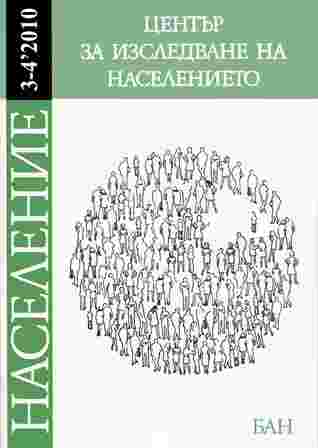Особености на националните политики за интеграция на емигрантите в някои страни от Европейския съюз (по примера на Испания, Италия, Португалия, Румъни
FEATURES OF THE NATIONAL POLICIES FOR INTEGRATION OF IMMIGRANTS IN SOME EUROPEAN UNION COUNTRIES (BY THE EXAMPLE OF SPAIN, ITALY, PORTUGAL, ROMANIA AN
Author(s): Ralitza PandurskaSubject(s): Social Sciences
Published by: Институт за изследване на населението и човека - Българска академия на науките
Summary/Abstract: During the last few years the migration processes are becoming a constant trend, driven by people’s natural need for political and financial security and economical prosperity. The differences in economical, social and cultural development in the countries make the citizens of the less developed ones worldwide to focus on such with better way of life, better opportunities for higher payment and the living conditions are more favorable. Often enough, the migration processes affect not only the individuals but also their families who leave to the new country. This factor makes the figures of migration even greater and suggests the application of integration policies towards these flows as a necessity. In the current analyses the policies of integration of third country emigrants to some of the EU member would be presented. Those are members with traditions – such as Spain, Italy, Portugal and Holland. The experience of Romania would also be examined. We would try to systemize the good practices of those countries which could be used as a base of making suggestions of establishing those procedures in Bulgaria, by adapting them to the national characteristics.
Journal: Население
- Issue Year: 2010
- Issue No: 3-4
- Page Range: 90-112
- Page Count: 23
- Language: Bulgarian
- Content File-PDF

